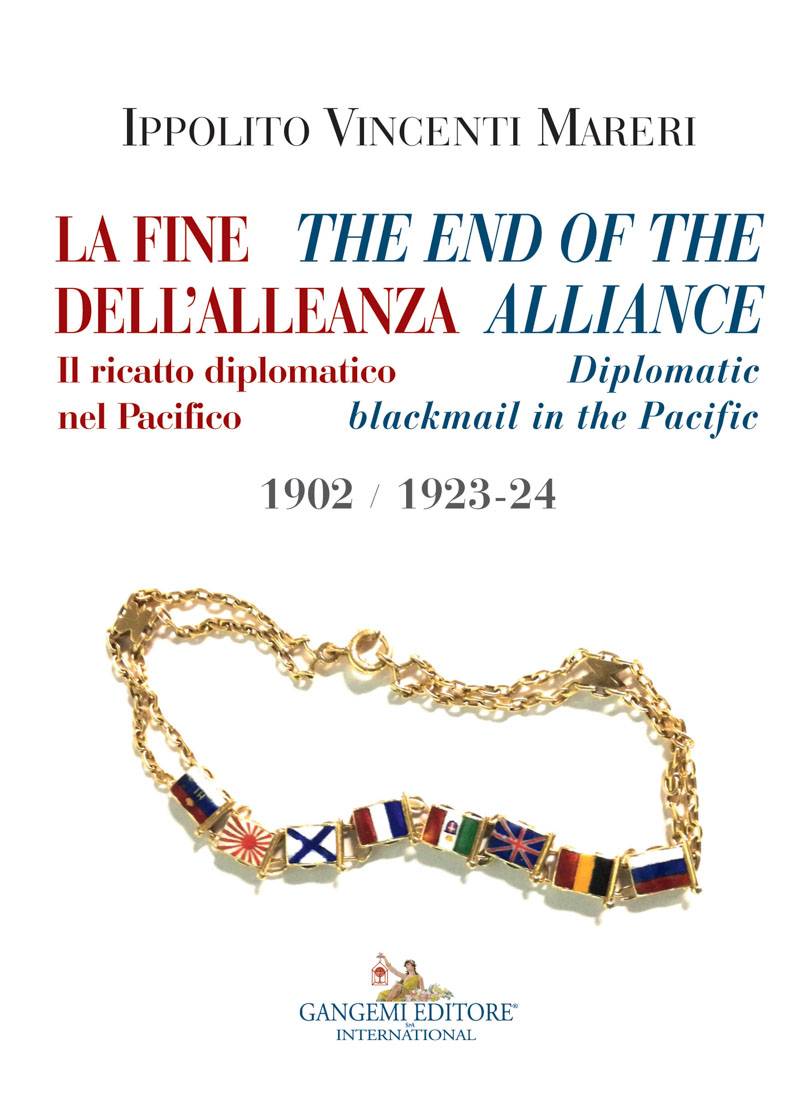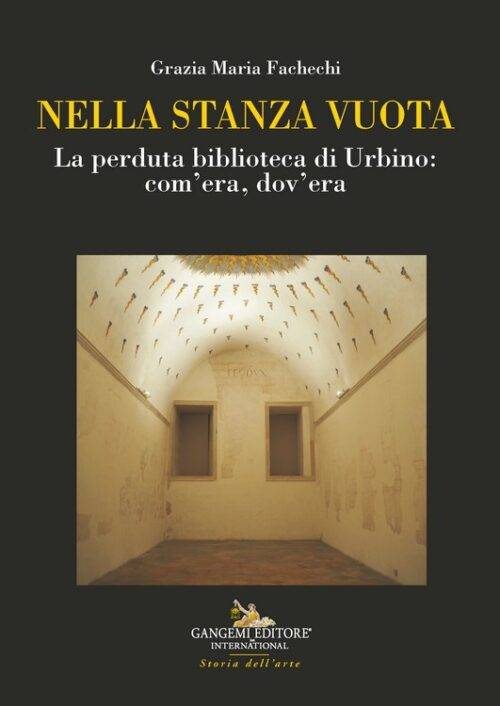
16,00 €
Potrebbero interessarti anche
La fine dell’Alleanza – The end of the Alliance
Il ricatto diplomatico nel Pacifico – Diplomatic blackmail in the Pacific 1902/1923-24
Autori: Vincenti Mareri Ippolito
Facing English text
Formato: 15 x 21 cm
Legatura: Filorefe
Pagine: 144
Anno edizione: 2017
ISBN: 9788849235548
EAN: 9788849235548
UB. INT. : T452B V23g V41f
Contenuto
La Fine del “Grande Gioco” tra Russia ed Inghilterra sulla via dell’India sfociò dopo la disfatta della Russia da parte del Giappone in un Trattato di amicizia tra Gran Bretagna e Giappone nel 1902. Durante la Prima Guerra Mondiale il Giappone scortò le navi che trasportavano le truppe Neozelandesi e Australiane fino in Inghilterra e nel Mediterraneo appoggiarono le Marine Inglesi, Francesi ed Italiane contro gli Austro-Ungarici addirittura sminando l’Adriatico dalle loro mine. Il Giappone si comportò lealmente durante tutto il periodo operativo dell’Alleanza. Le mire degli Stati Uniti d’America sulla Cina in contrasto con quelle del Giappone spinsero il Segretario di Stato Hughes a ricattare l’Ambasciatore di S.M. Britannica Sir Gheddes nel non rinnovare il Trattato, pena il portare al Congresso il riconoscimento della Repubblica dell’Irlanda. Una battuta dell’Addetto militare Giapponese a Londra, il Generale Itami, che riteneva un fattore positivo l’Alleanza con l’Inghilterra sia per l’Estremo Oriente che per la pace, vale la pena di citare: comparando l’Alleanza al “Whiskey e Soda” e l’Accordo delle Quattro Potenze a un “lemon squash” (spremuta di limone), “ho vissuto abbastanza in Inghilterra per preferire il primo miscuglio!”
IPPOLITO VINCENTI MARERI è nato in Cina ed ha vissuto nell’Estremo Oriente per moltissimi anni. Dopo una Laurea in Scienze Politiche all’Università la Sapienza di Roma, ha lavorato per L’Ente Nazionale Italiano per il Turismo in molti paesi in giro per il mondo. Durante il soggiorno di ben sette anni in Giappone ebbe molte conversazioni con dei suoi amici e scrittori giapponesi sui fatti della Seconda Guerra Mondiale e sulla fine del Trattato tra la Gran-Bretagna ed il Giappone. Molti stranieri e membri dell’èlite della società nipponica espressero la loro opinione che, se fosse stato rinnovato il Trattrato Anglo-Nipponico, l’èlite militare giapponese avrebbe potuto essere controllata e che la Guerra del Pacifico non sarebbe stata così atroce. Dopo aver studiato una mole considerevole di documenti egli venne alla conclusione che il Segretario di Stato Statunitense aveva ricattato la Gran-Bretagna nel non rinnovare il Trattato altrimenti avrebbe portato al Congresso la proposta del riconoscimento della Repubblica Irlandese.
The end of the big Game between Russia and England on the road to India ended, after the defeat of the Russians by the Japanese, in a friendship Alliance between Japan and England in 1902. During the First World War the Japanese Navy escorted the Anzac Troops from Australia and New- Zealand to England and in the Mediterrenean they provided protection to the British, French and Italian Navies against the Austro-Hungarians even swiping from the Adriatic their mines. Japan acted loyally during the Frenship Alliance’s operational period. The interests of the U.S.A. in Cina, in contrast with those of Japan, induced the Secretary of State Hughes to blackmail H.M. Ambassasdor Sir Gheddes in not renewing the Alliance with Japan by threatening to propose that the Congress recognise the Republic of Ireland.
IPPOLITO VINCENTI MARERI was born in China and lived in the Far East for many years. After a Doctorate in Political Science at La Sapienza University of Rome, he worked for the italian State Tourist Organization in many countries of the world. During his 7-years stay in Japan he had numerous conversations with japanese friends and writers about the Second World War and the lost Alliance between Japan and Great Britain. Many foreigners and members of Japanese high society expressed their opinion that, had the Anglo-Japanese Alliance been renewed, the military elite would have been kept at bay and the Pacific War might not have been so crude. After studing a great many documents he came to the conclusion that the American Secretary of State had blackmailed Great Britain into not renewing the Alliance by threatening to propose that the Congress recognise the Republic of Ireland. A remark by the Japanese Military Attaché in London, General Itami, who belived the Alliance to be beneficial for the Far East and the maintaenance of Peace, is worthy to recall: comparing the Alliance to a ‘whiskey and soda’, the Four Powers Agreewment to a ‘lemon squash’, he commented that he had lived in Britain long enough to prefer the former concoction.
Parole chiave
Condividi su













